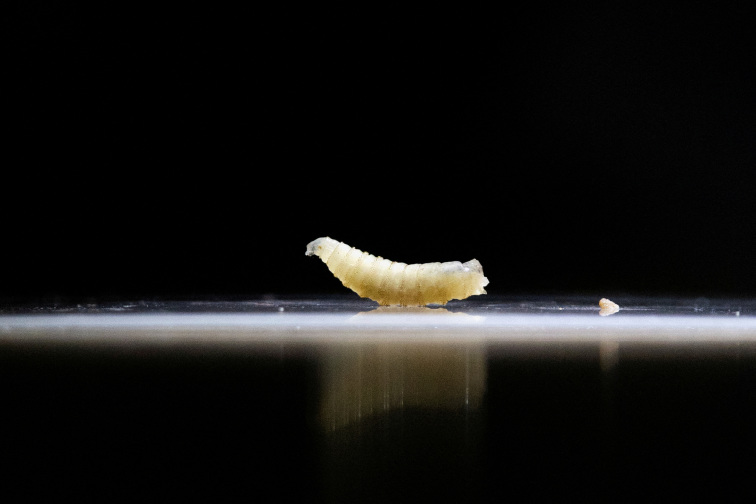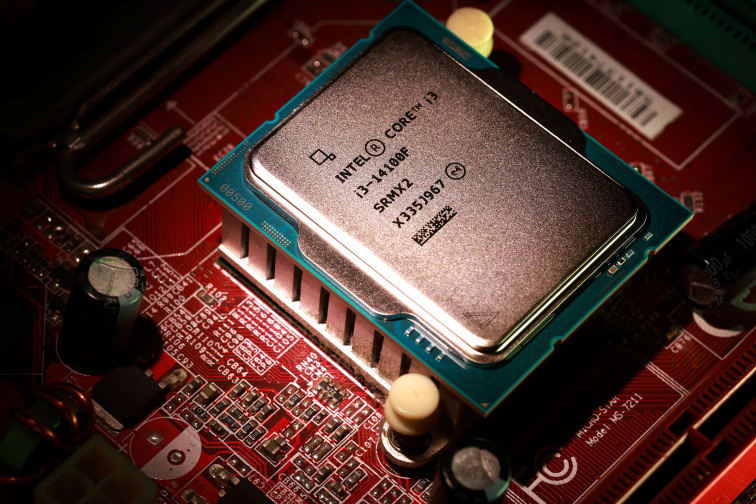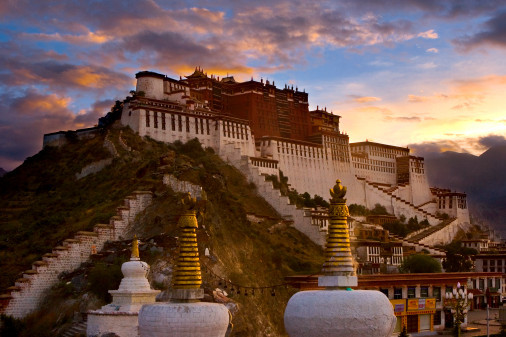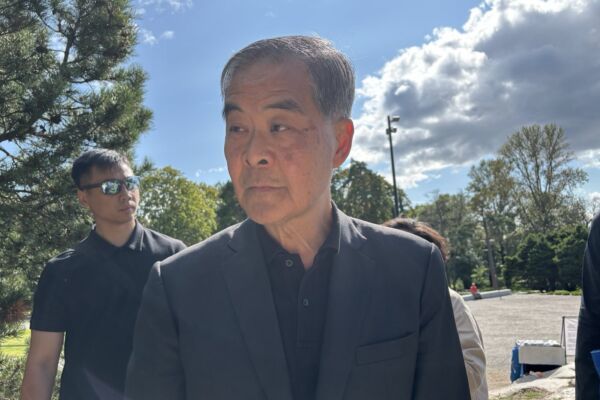Composite image: Hu Chunhua and Wang Yang are rumoured to become successors.
[People News] Once regarded as the “discarded crown prince” of the Communist Youth League faction, Hu Chunhua was recently arranged to inspect the Yarlung Tsangpo River hydropower project during his trip to Tibet. This task should normally fall within the portfolio of Vice Premier Zhang Guoqing. At the same time, the CCP’s People’s Daily, in a special editorial marking the “60th anniversary of the founding of the Tibet Autonomous Region,” explicitly mentioned “Chunhua” — seen as a signal that Hu Chunhua may be positioned as a successor.
On August 20 at noon, CCP leader Xi Jinping led a central delegation to Lhasa to attend the celebration of Tibet’s 60th anniversary. Accompanying Xi were Politburo Standing Committee members Wang Huning and Cai Qi; Politburo member and United Front Work Department chief Li Ganjie; Politburo member and Vice Premier Zhang Guoqing; NPC Vice Chairman Losang Jamcan; CPPCC Vice Chairman Hu Chunhua; Central Military Commission member Zhang Shengmin; Politburo member and Vice Premier He Lifeng; and Secretariat member and State Councillor Wang Xiaohong.
Notably, Hu Chunhua — once the Youth League’s crown prince — also accompanied Xi. Rumours have long circulated that anti-Xi forces have promoted Hu as their preferred successor.
Hu worked in Tibet from 1983 to 1992, a full nine years. Political commentator Chen Pokong noted that while Hu’s presence may be explained by his past experience in Tibet, the trip carries other implications:
“Hu Chunhua could enter the Politburo Standing Committee at the Fourth Plenum, possibly becoming CPPCC Chairman. I won’t draw conclusions, but this Tibet trip hints at such a possibility.”
Chen further analysed that Xi would likely resist demands from political elders or anti-Xi factions to elevate Hu. Xi would prefer his own people, such as Ding Xuexiang, to become General Secretary.
“Of course, it cannot be ruled out that if Hu enters the Standing Committee, he could become one of the successors at the 21st Party Congress — either as General Secretary or Premier — depending on the outcome of future power struggles.”
On August 21, Xi Jinping, along with Cai Qi, He Lifeng, and Wang Xiaohong, returned to Beijing. Meanwhile, a central delegation headed by CPPCC Chairman Wang Huning continued inspections across Tibet from August 21–23.
According to state media, on August 22, Hu Chunhua’s group in Nyingchi visited the Milin Reservoir dam site to study plans and construction for the Yarlung Tsangpo River hydropower project; they also toured Lideng Village, the Sichuan–Tibet Railway’s Sejila Mountain tunnel exit, the municipal service centre, and Gongbu Park.
Observers noted that among all the sub-delegation itineraries, Hu’s assignment to inspect the Yarlung Tsangpo project was the most important.
Reports say the project will require investment of 1.2 trillion yuan — equivalent to five Three Gorges Dams, four Qinghai–Tibet Railways, or ten Hong Kong–Zhuhai–Macau Bridges.
Commentator Wen Zhao pointed out that Vice Premier Zhang Guoqing oversees industry, information technology, state-owned assets, market regulation, and production safety in the State Council. Major projects such as the Yarlung Tsangpo dam and Sichuan–Tibet Railway should logically fall under Zhang’s purview.
“Hu Chunhua is only a member of the Central Committee. Yet the most critical project was given to him, effectively swapping tasks with Zhang Guoqing,” Wen noted, calling this a striking signal.
As for Hu’s future prospects, Wen cautioned that speculating based on a single signal is not rigorous, but he believes China’s looming economic crisis could trigger a fierce reshuffle within the CCP leadership.
On August 21, the CCP’s official outlet People’s Daily Online published an editorial titled “Creating a Better Life, Realising a Great Dream Together” to mark the “60th anniversary of the founding of the Tibet Autonomous Region.” The very first line of the editorial read: “Sixty years of fruitful spring and autumn, writing a new chapter of unity and progress.”
Observers noted that this phrase, using a subtle play on words, implicitly conveyed the message that Hu Chunhua may be entrusted with an important role. There is a broad consensus that every article in the Party’s official media — even down to individual word choices — must undergo strict scrutiny. Since Xi Jinping personally attended the Tibet anniversary events, the wording of the related articles would be especially guarded against error.
The phrase “fruitful spring and autumn” contains Hu Chunhua’s given name “Chunhua.” The phrase “sixty years” corresponds exactly to Hu Chunhua’s age of 62. And “writing a new chapter of unity and progress” may hint that, in order to preserve the Party, the two rival factions within the leadership could reach a compromise after fierce struggles, creating an appearance of harmony — with Hu Chunhua as the designated successor to “write the new chapter.”
On June 23, the 12th meeting of the 14th CPPCC Standing Committee was held in Beijing, focusing on “further deepening economic reform.” Hu Chunhua presided over the opening session — the first time he had done so across 12 such meetings. Given his second-place ranking among CPPCC Vice Chairs, this unusual development drew outside attention.
Recently, the commentator “Shanhe Dongfu” shared on social media a proposed “new nine-member Standing Committee” lineup, in which Wang Yang would serve as General Secretary and Hu Chunhua as Premier.
(First published in People News)










News magazine bootstrap themes!
I like this themes, fast loading and look profesional
Thank you Carlos!
You're welcome!
Please support me with give positive rating!
Yes Sure!